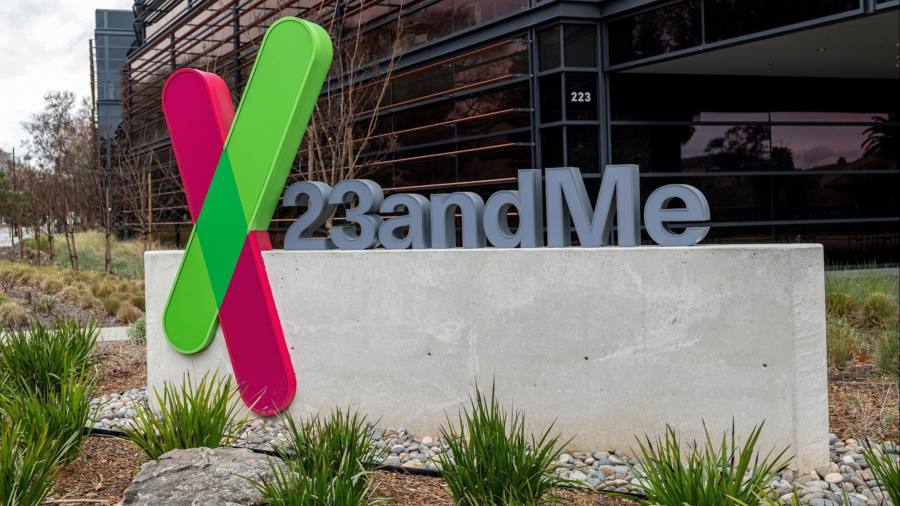
A growing number of US companies — including two backed by British entrepreneur Richard Branson — are expected to face fire from investors in the coming months over a once-obscure pay practice that has let them reward executives without consulting shareholders.
Thanks to the explosion of blank-cheque companies that started in 2020, pay provisions allowing businesses to issue new shares year-after-year without going to investors for approval have become increasingly common.
Companies like these “evergreen” provisions because they can continue to reward executives with stock after their share prices have plummeted. But institutional investors detest the provisions that dilute holdings without them having a say.
During the stock market boom last year, special purpose acquisition companies (Spacs) and other businesses that went public incorporated evergreen provisions with little opposition. Now, 611 companies in the Russell 3000 this year have disclosed evergreen provisions in their active equity plans, according to an analysis by ISS Corporate Solutions, a data provider. That figure has increased every year since 2017, when 263 Russell 3000 had evergreen provisions, ICS said. And at least 167 Spacs that have gone public since the start of 2021 have included evergreen provisions, ICS data show.
The use of evergreen provisions “saw a significant uptick — especially among small cap companies — in 2020 and 2021, and it has continued to go up in 2022,” said Jun Frank, a managing director for compensation and governance advisory at ICS in San Francisco.
Companies with evergreen provisions include two Spacs promoted by Branson: Grove Collaborative, an ecommerce business for eco-friendly products, and 23andMe, a genetics testing group. Grove’s shares are trading for less than $1, down from $10 when it went public in June. Shares of 23andMe are down 48 per cent year-to-date. Both companies will face shareholders when they hold their annual meeting in 2023.
As pay performance targets have become increasingly difficult to hit during the stock market sell-off, “we’ve become wary of companies using tools like evergreen provisions to pay executives,” said Ben Colton, global head of stewardship at State Street Global Advisors.
“Any changes to executive performance goals should happen along with broader adjustments to compensation at the company,” he said. “When this doesn’t happen, [corporate] management risks alienating themselves from shareholders, especially in a challenging economy.”
BlackRock and Vanguard also have voting policies that typically oppose evergreen provisions.
In a sign of what is to come for Spac companies and others with new evergreen provisions when they face shareholders in 2023, large asset managers have already attacked evergreen provisions this year. SoFi, a fintech company that went public in January 2021 via a Spac set up by Chamath Palihapitiya, changed its evergreen provision this year to issue more shares. Both BlackRock and Vanguard voted against the company’s new equity plan, and it passed with just 59 per cent of shareholder support in July.
Veeva Systems, a cloud computing company that became a public benefit company in 2021 — an incorporation increasingly popular with sustainability-minded investors — also drew opposition from BlackRock and Vanguard for its evergreen provision this year.
A 23andMe spokeswoman said the evergreen provisions in the company’s 2021 equity incentive plan increase the pool of shares for all employees, not just executives. Grove, SoFi and Veeva did not respond to requests for comment. Although evergreen provisions reward any employee paid with stock, executives benefit the most because only a fraction of their pay is in cash.
“This is a problematic governance practice,” Frank said of evergreen provisions. “With the market going down, the monetary value of each of the shares [companies] grant is lower, so many companies need to provide more shares to provide the same compensation to their employees and executives.”